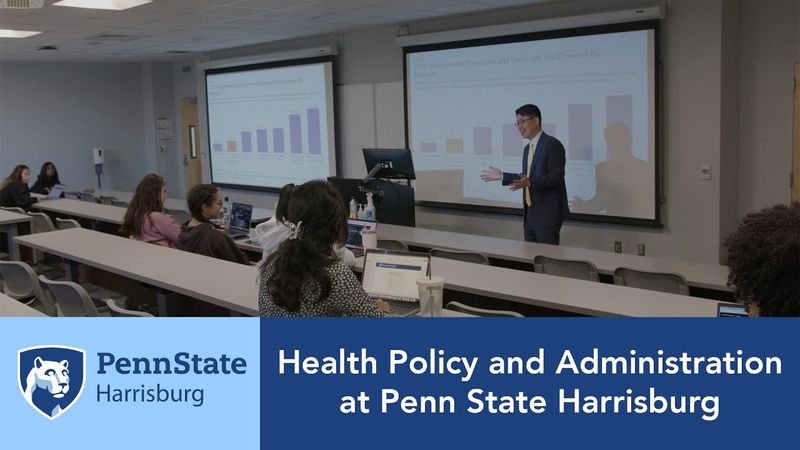Students in the Health Policy and Administration program develop the skills and knowledge needed to understand the complex societal problems of providing access to quality health care at a reasonable cost. HPA students study a multidisciplinary curriculum that prepares them to work as health services managers or health analysts, or to go on to graduate study in many areas, including business, health administration, health services policy, or public health.



